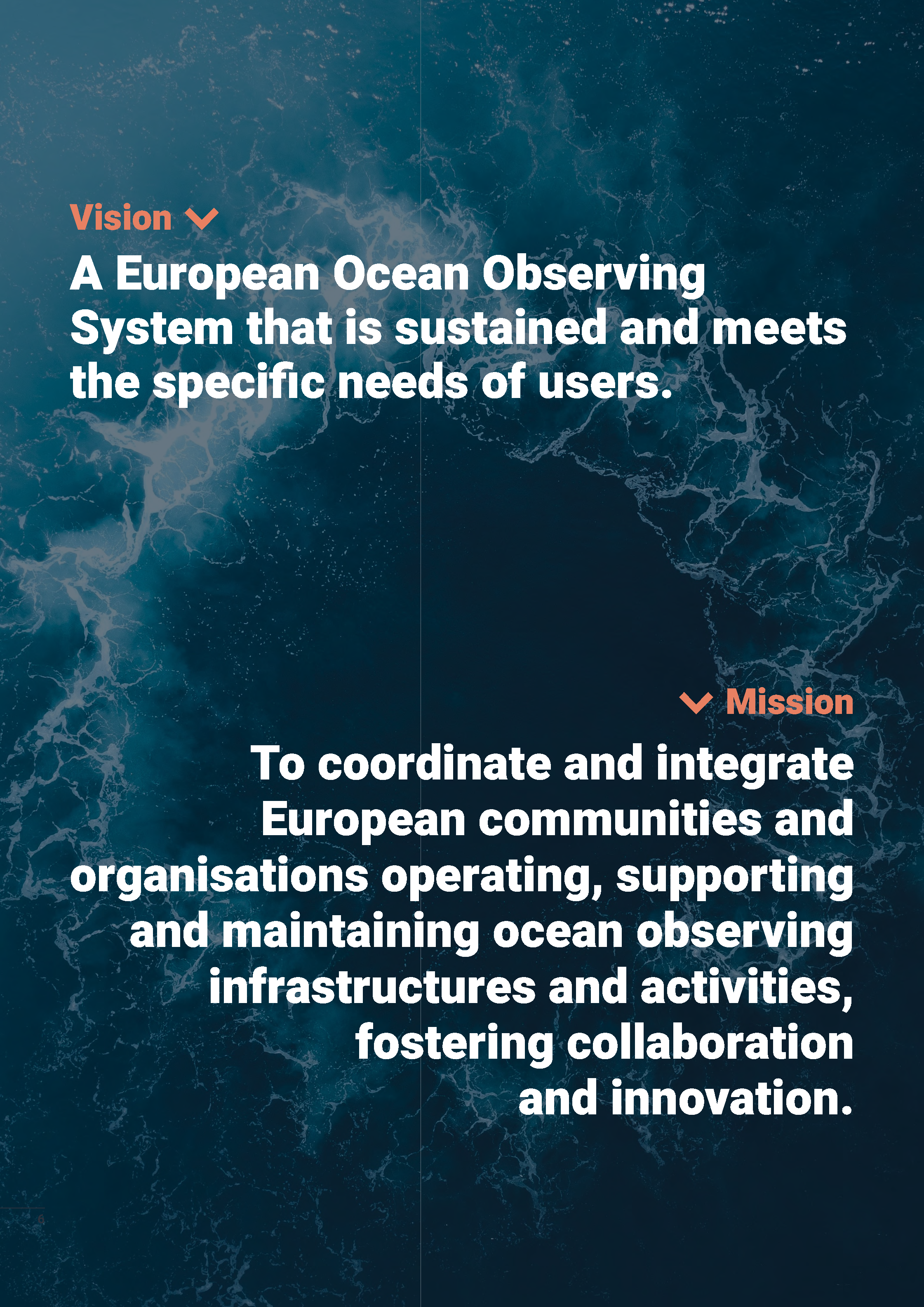The EuroSea foresight workshop entitled “Ensuring accurate climate related predictions in Europe by 2035”, took place from 15 to16 March 2023 in Brussels, Belgium. Organised by the European Marine Board, the two-day workshop presented different future scenarios, from best to worst case, on what the planet and state of the oceans could look like in 2035. Looking into the future based on what we know today, 2035 threatens a world characterised by extreme weather events such as heavy rainfall, floods and heatwaves with serious human, socioeconomic and environmental impacts. Access to timely, and actionable information on the ocean and regional seas, and their changing states, will be more than ever needed to respond to the crisis. Based on the different scenarios presented, participants discussed the current and required future capacity of the European Ocean Observing and Forecasting System to meet evolving information and data needs, as well as barriers faced to achieving this.
The workshop ended with a discussion on how the EOOS Framework Strategy and Roadmap for Implementation for 2023-2027 can ensure that we arrive at a fit-for-purpose European Ocean Observing System and the best possible future.
Moderated by the European Marine Board, this closed workshop included representatives of the EOOS Resources Forum and Operations Committee, the European Commission, the G7 Future of the Seas and Oceans Initiative and EU4OceanObs, the Global Ocean Observing System (GOOS), EuroGOOS, and EuroSea project coordinator GEOMAR.
Also see
- Summary workshop article: https://eurosea.eu/new/how-would-the-european-ocean-observing-and-forecasting-system-look-like-in-2035/
- EOOS Framework Strategy and Roadmap for Implementation for 2023-2027
- Framework of the European Ocean Observing System (EOOS)
- EuroSea European-funded H2020 R&I project: Improving and integrating the European Ocean Observing and Forecasting System: eurosea.eu






